7 FAQs to Ask When Hiring A Solar Panel Installation Contractor
If you’ve ever contemplated transitioning to solar power, you're likely to have some typical inquiries as you research solar panel installation companies in Missouri and Illinois. Keeping this in perspective, we've compiled a useful list of frequently asked questions that can serve as a starting point for your hiring process. This information from our contractors at Sunsent Solar should equip you with sufficient solar knowledge to pursue your objectives of embracing renewable and cost-effective energy solutions.
1. Is the Solar Panel Installation Company Local?
It is strongly advised to have knowledge of the company's location and the individuals responsible for installing your solar panels. In the Midwest states, there is currently a growing trend towards adopting solar panels as a source of energy. While this shift towards sustainable energy production and consumption is highly beneficial for the environment and offers substantial savings to residents and business owners, it has also attracted out-of-state solar companies looking to capitalize on the opportunity by offering their products and services, which may not necessarily meet the standards set by Missouri and Illinois.
At Sunsent Solar, we recommend selecting a local contractor for your solar panel installation needs, such as our team. We possess specialized expertise in this field and can provide services that are tailored to the specific requirements of our local region.
2. What Warranties Are Available?
Make sure to review the warranties for your solar energy system with the solar panel installation contractors you choose for your project. A solar energy system typically has a lifespan of 30 years, so it's essential to opt for products that can withstand this extended period.
At Sunsent Solar, we offer exceptional warranties and guarantees to ensure the quality and long-lasting performance of your solar energy system. What sets us apart in the competitive solar energy market is is that we offer an additional 25-year labor warranty on top of the 25-year product warranty for our inverters and 30-year product warranty on our solar panels. We also provide a production guarantee for the first 12 months, assuring you of consistent performance throughout the system's life. Receive peace of mind knowing that your solar energy system is covered for years to come.
3. Will My Solar Panel Produce Enough Electricity? How Much Electricity Will I Need?
To address how much electricity you will need, begin by examining your present electricity bill and assessing the typical monthly energy consumption or expenses. It’s always recommended to engage in a conversation with a solar consultant regarding your energy requirements and consider any foreseeable changes that might impact your energy consumption, such as a growing family or the addition of significant electrical appliances. You can also consider adding a battery storage system, which allows you to store your own power that you produce, essentially acting as your own power grid. This option can allow you to be unaffected by power outages, as you are not reliant on the utility company’s power grid. Your solar energy consultant can discuss your electricity needs and local net metering policies with you in order to build a solar power system specific to your unique situation.
4. Is My Property Suitable for Solar Power?
Solar power is not right for everyone, and it is crucial to work with a solar company that will assess your property fully, to make sure that switching to solar power makes sense for your situation. At Sunsent Solar, we prioritize education over pushing sales. There are multiple factors that go in to determining whether your property sets up well for solar, including roof pitch/direction, amount of shading, and roof space. Working with a reputable solar panel installation company who will assess these factors, will allow you to receive a solar energy system built to give you the maximum return on your investment.
5. Does the Solar Energy Company Use Subcontractors for Installations?
When in the process of selecting a solar panel installation contractor, it's vital to determine whether they directly perform the installation or if they subcontract the work to others. As mentioned earlier, there's been a notable increase in companies from outside of Missouri and Illinois that sell their products and services, then subcontract work to local individuals. This could potentially result in lack of accountability when customer service issues arise. Sunsent Solar, on the other hand, conducts all our installations in-house and does not resort to subcontracting any of our services. We take care of sales, permitting, installation, and customer service, for the life of your system. Our team, from installers to electricians, are all in-house and local to our region, allowing us to offer expert quality with every solar panel installation.
6. How Long Does Installation Take?
Normally, solar panel installations are completed within a span of 1-2 days. Smaller residences can be equipped with solar panels in a single day, but for more extensive projects, additional time may be required for the solar panel installation.
Our team at Sunsent Solar comprises top-tier solar installers who excel in speedy and quality installation. If Sunsent Solar is the company that you have selected for your solar project, the entire process from deciding to move forward with solar to having it installed, takes approximately 4-6 weeks on average. Your project can then take an additional 2-4 weeks for utility interconnection.
7. Will the Company Apply for Building and Electrical Permits?
Many solar panel installation companies in Missouri and Illinois will assist in obtaining permits and scheduling inspections, while others may not. This is an important aspect to inquire about during the initial stages of hiring.
Our process for installing solar panels at Sunsent Solar provides a smooth and trouble-free way to equip your home with solar energy. We take care of every step of the installation, from obtaining HOA approvals to securing permits and scheduling inspections. You can have peace of mind knowing that once you choose Sunsent Solar, we do all of the heavy lifting for you!
Do You Have More Questions? Contact Our Solar Panel Installation Contractors Today!
Convert to solar energy with Sunsent Solar in Missouri or Illinois today! We are your trusted, local solar panel installation contractors, providing our clients with quality solar installations. If you require further clarity before making the transition to solar power, we’re happy to help you.
Contact us today with your questions and get an instant estimate on solar panels for your residence or business.
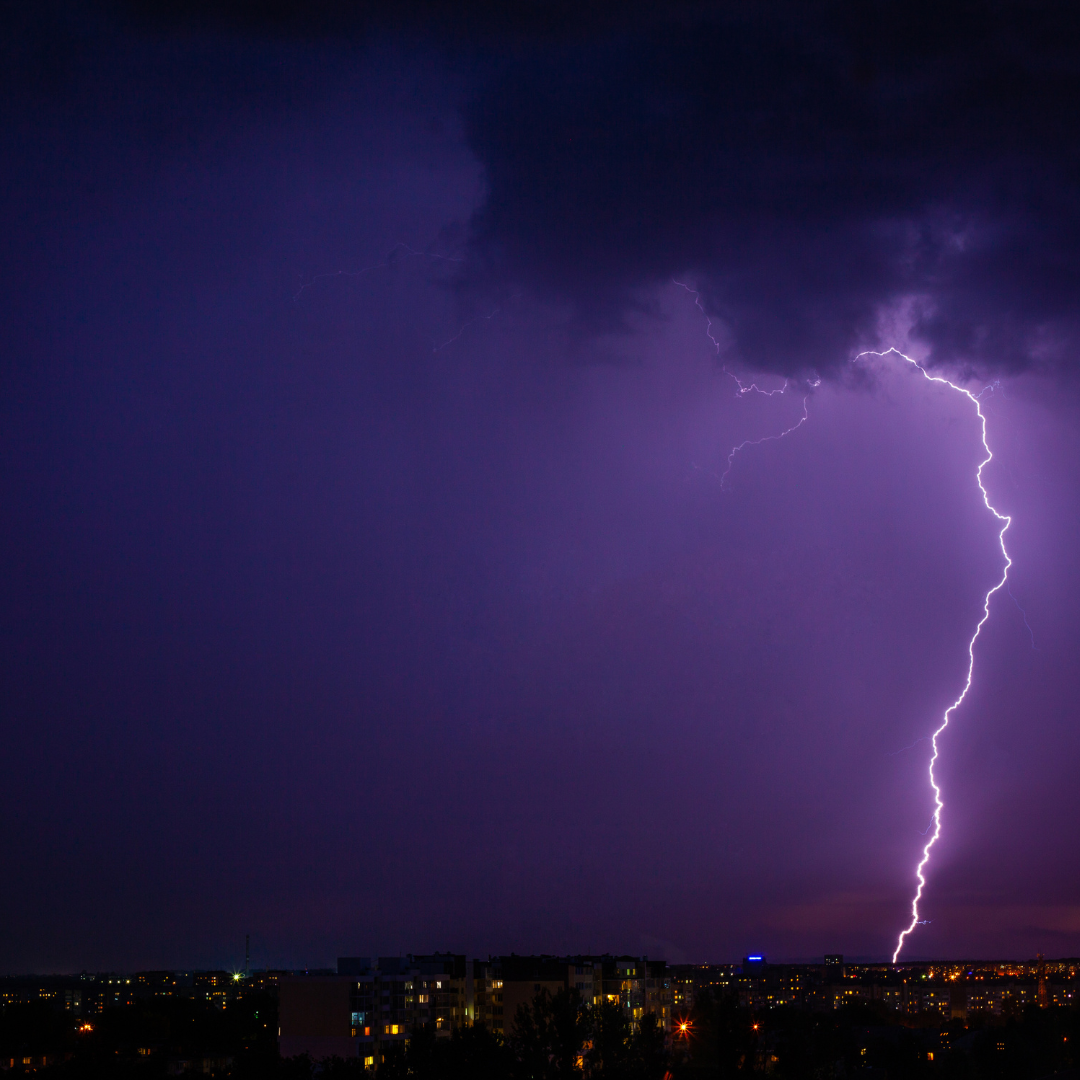


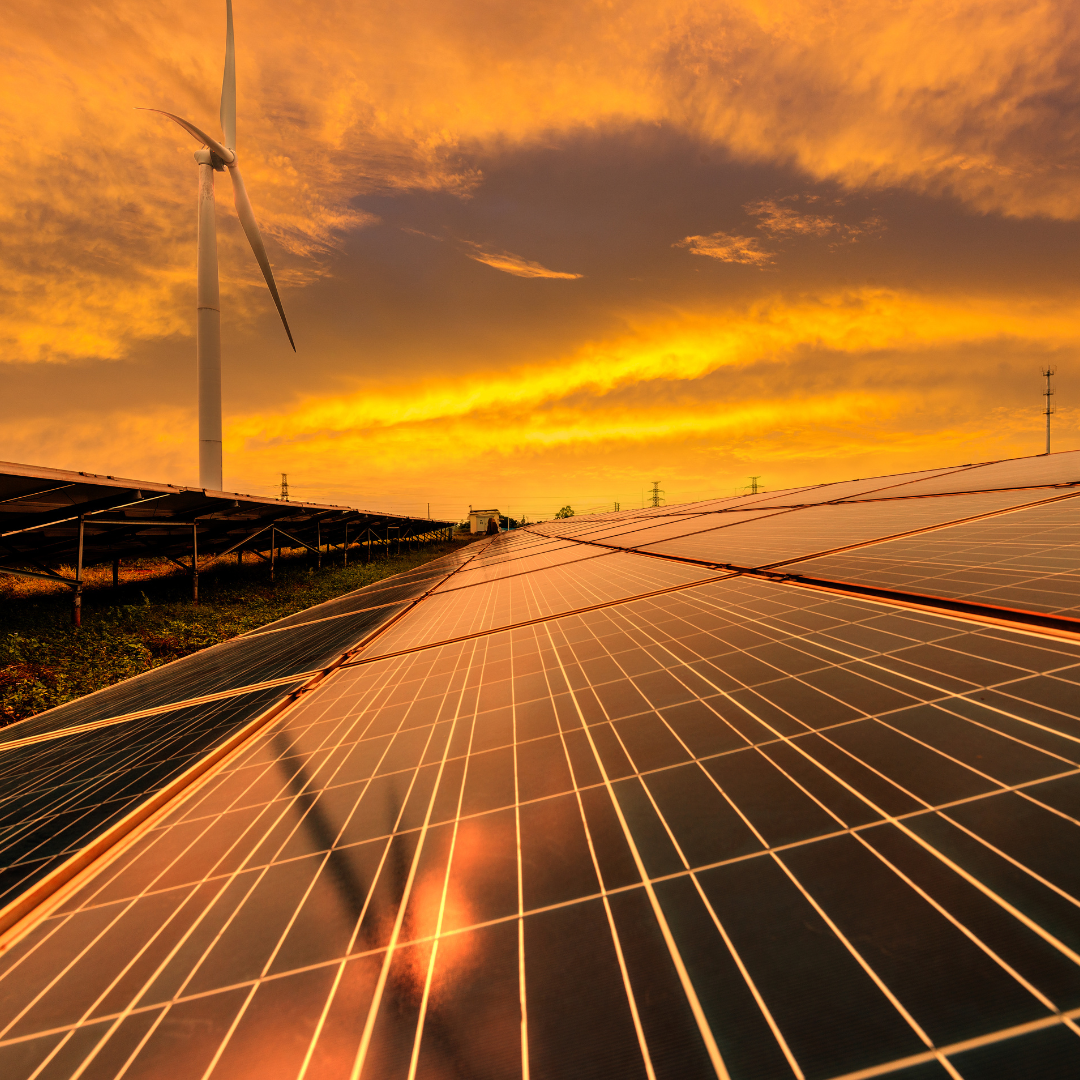
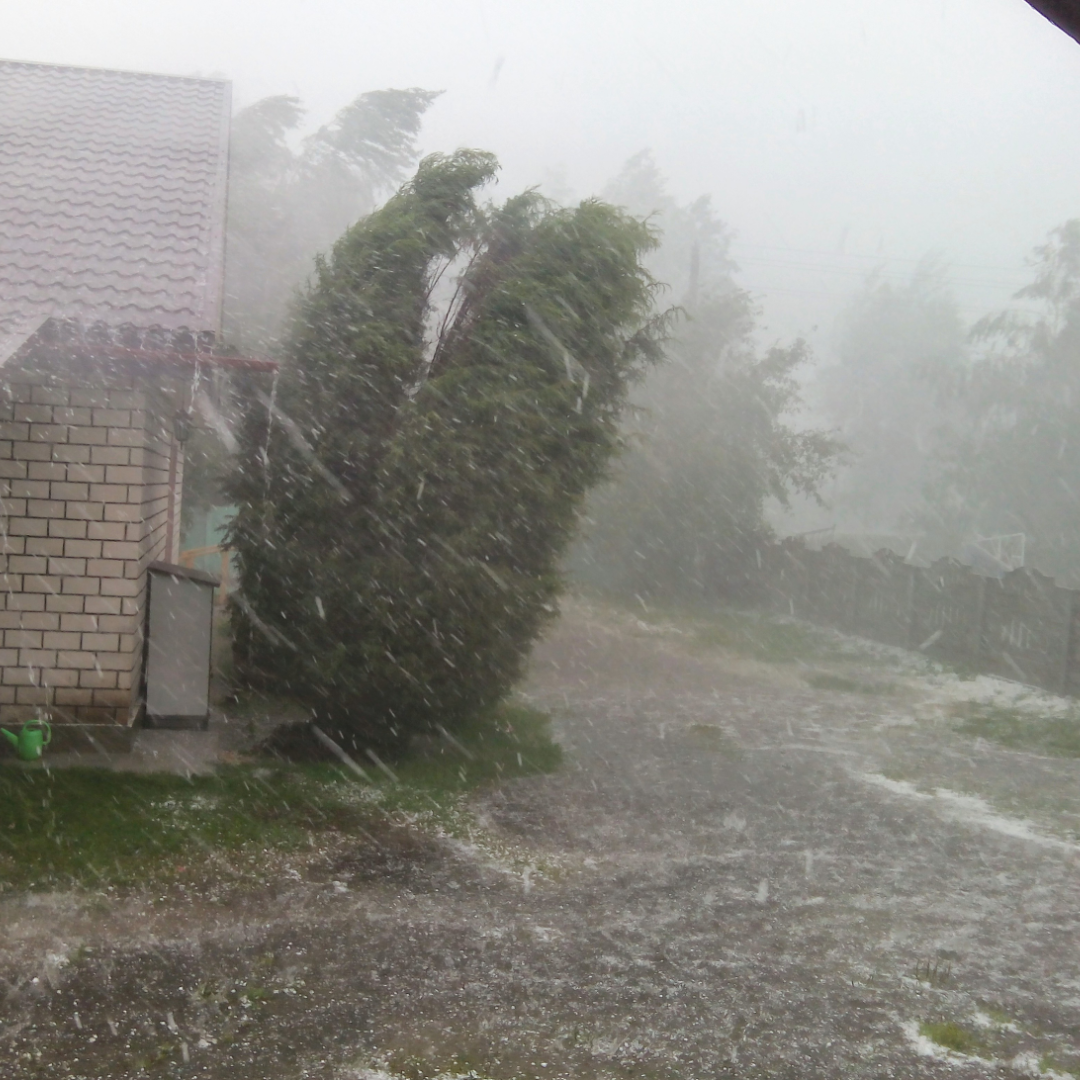
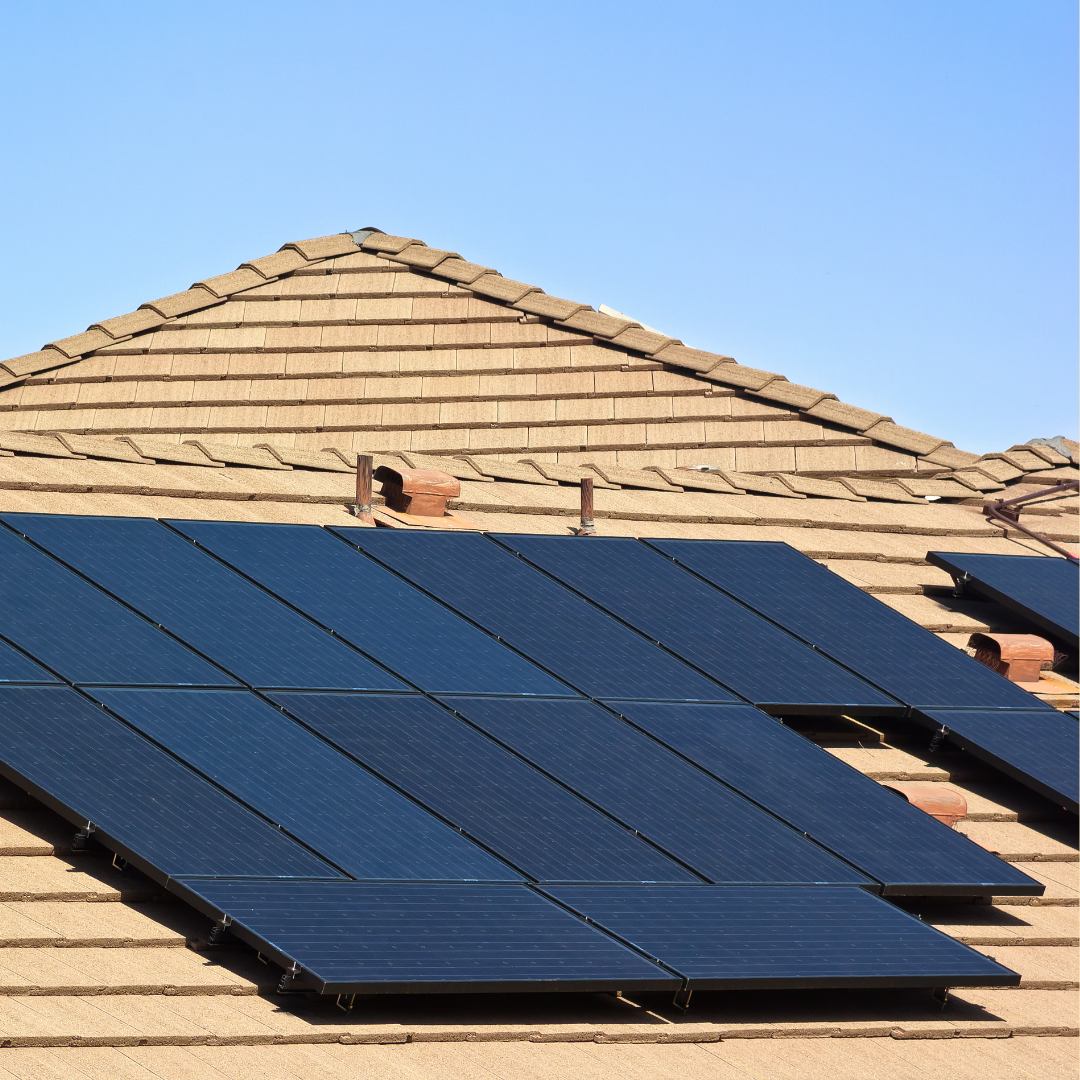
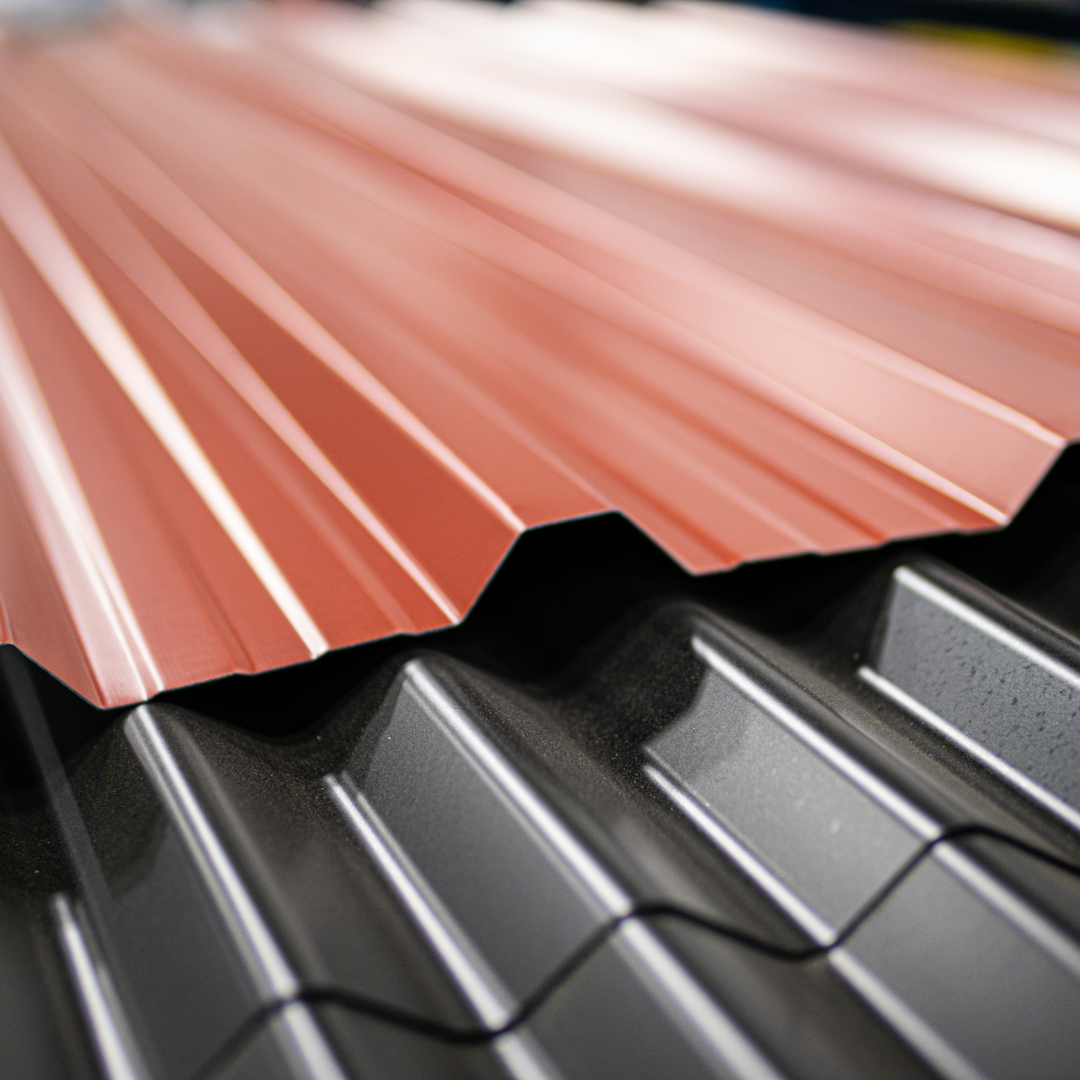


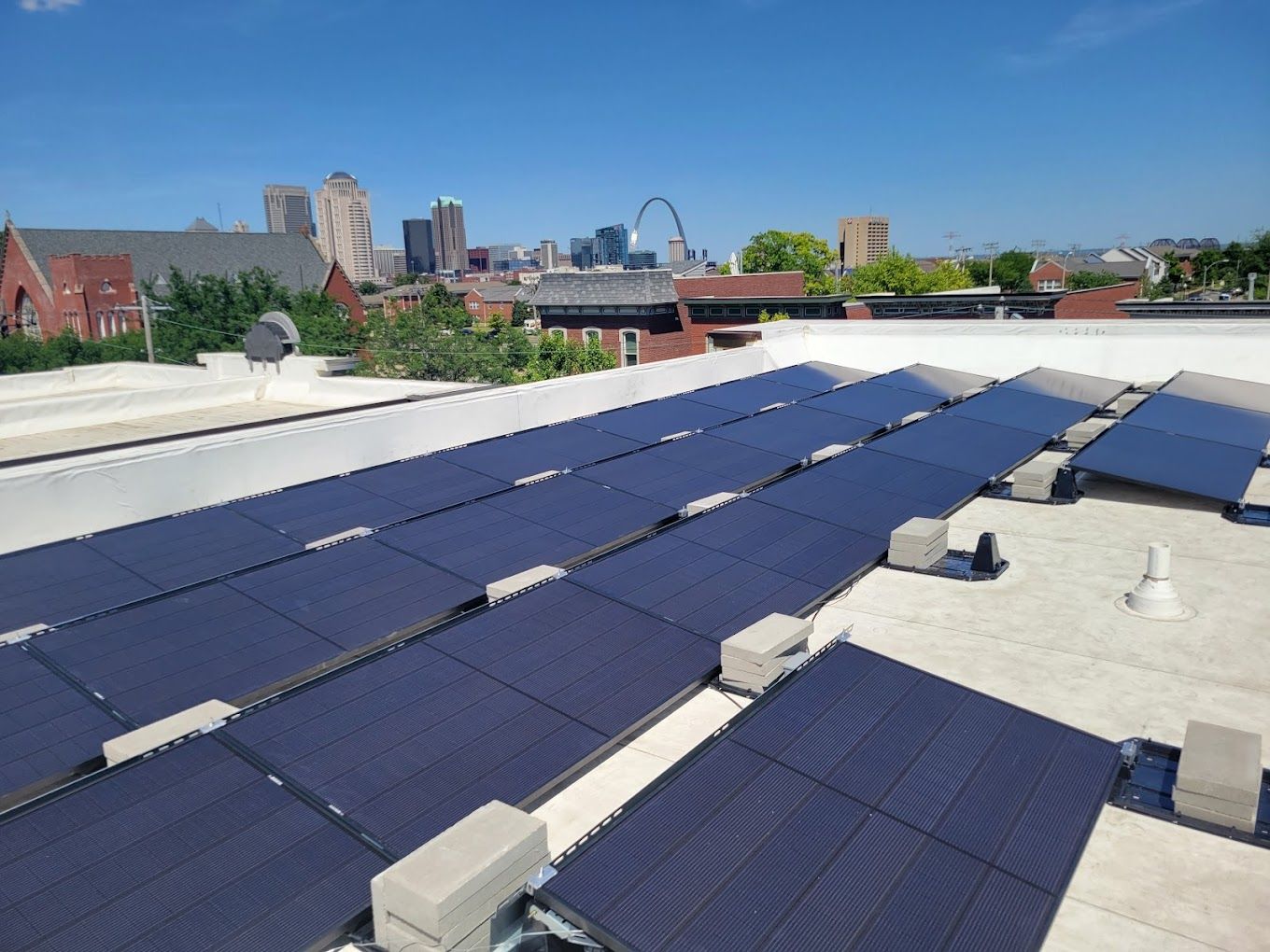
Quick Links
Contact Us
Southern Indiana
812-706-2237
Kansas City
816-548-1652
Newsletter
Contact Us
Thank you for subscribing to our newsletter! Stay tuned for the latest updates, insights, and tips on how you can make the most of your solar journey.
Please try again later.
Location Map
© Copyright 2024 | All Rights Reserved | Sunsent Solar
